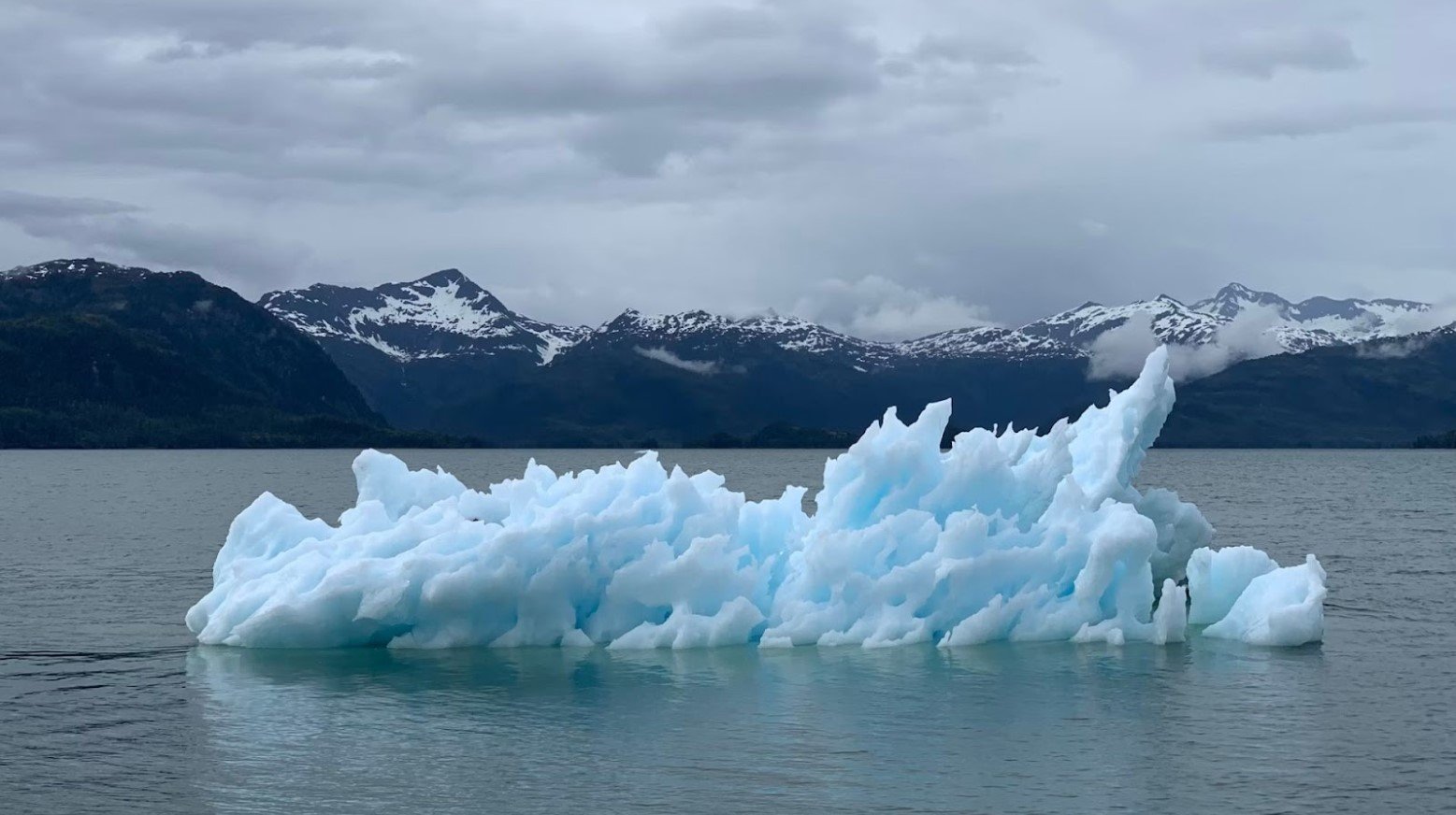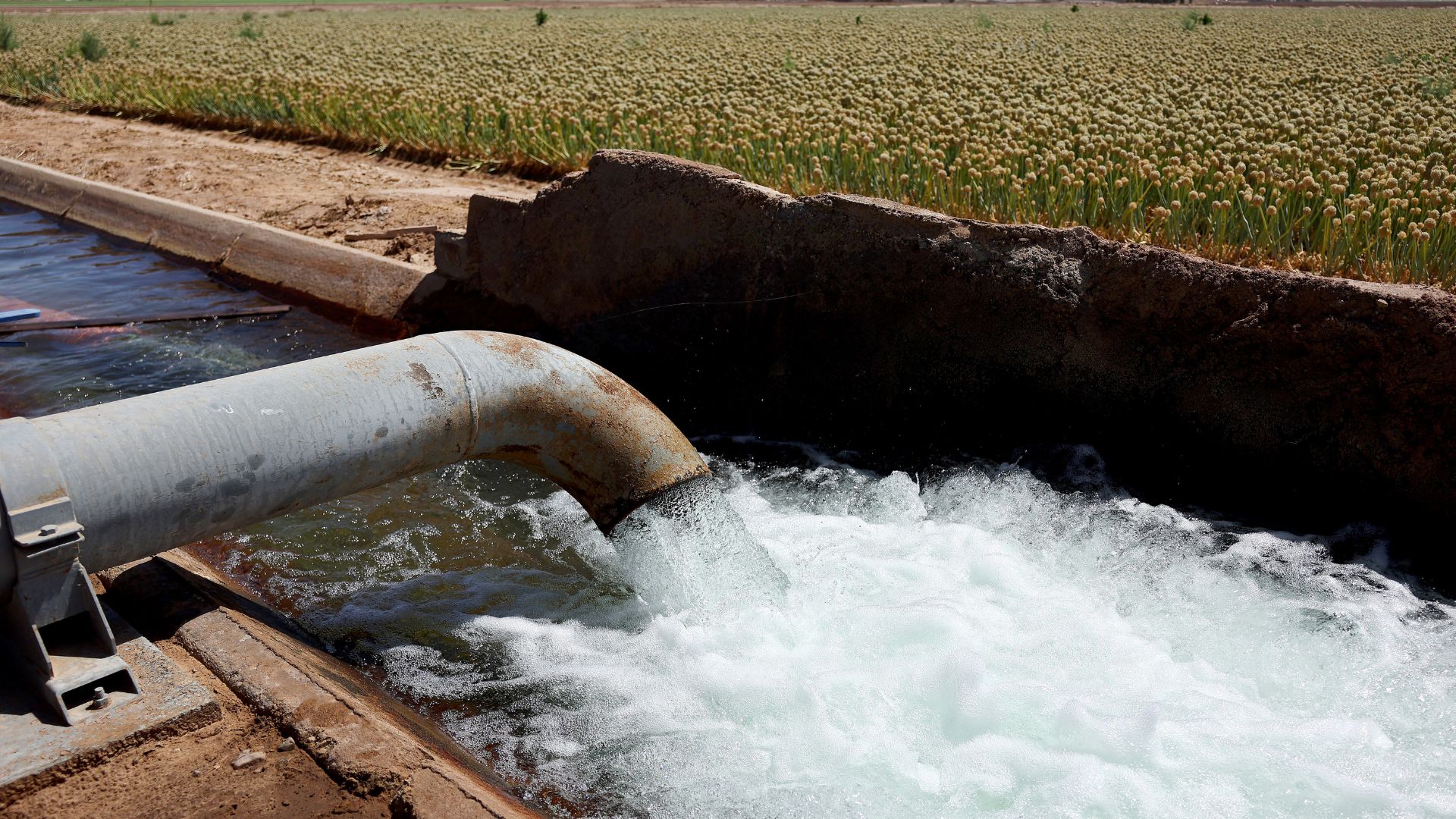California’s Water Crisis: Projections Show a 23% Decline in Water Supply Due to Climate Change
California faces a significant water crisis, with projections indicating a 23% decline in water supply over the next 20 years.
This alarming prediction is based on the latest State Water Project (SWP) Delivery Capability Report.
The State Water Project’s Role
The SWP is a crucial water supply network that spans over 700 miles, serving 27 million Californians and 750,000 acres of farmland. Built in the 1960s, this extensive system includes reservoirs, aqueducts, and pumping plants.

Source: rawpixel.com/Freepik
However, it was designed for a 20th-century climate, making modernization essential for future reliability.
Climate Change Impacts on Water Supply
Rising temperatures and shifting precipitation patterns are key factors contributing to the projected decline in water supply.

Source: Melissa Bradley/Unsplash
The SWP’s delivery capability could decrease by up to 496,000 acre-feet annually, equivalent to the water needs of 1.7 million homes.
New Analysis in the 2023 Report
The 2023 SWP Delivery Capability Report introduces innovative approaches to assess climate change impacts. These methods provide a more detailed analysis of current and future conditions, helping water managers plan more effectively.

Source: Freepik
Independent peer reviews have validated these approaches, marking a significant improvement over previous analyses.
Modernization is Critical
DWR Director Karla Nemeth emphasizes the need to modernize the SWP to ensure reliable water delivery.

Source: Freepik
“The analysis released today underscores the need to modernize and upgrade our aging infrastructure so we can capture water supplies when it’s wet,” she stated. “The State Water Project service area amounts to the world’s eighth-largest economy and includes more than 8 million Californians living in disadvantaged communities. Modernizing the State Water Project is critical to delivering on the human right to water in California.”
The Delta Conveyance Project
The Delta Conveyance Project is one of the key initiatives aimed at boosting California’s water supply.

Source: Freepik
This project involves constructing a new water tunnel beneath the Sacramento-San Joaquin River Delta, which would create a second route for water transport and enhance the system’s resilience to climate change.
The Importance of Sites Reservoir
The proposed Sites Reservoir is another critical project designed to increase water storage capacity.

Source: Ezra Jeffrey-Comeau/Unsplash
By capturing and storing excess water during wet periods, Sites Reservoir aims to provide a reliable supply during droughts.
Addressing Future Water Supply Needs
John Yarbrough, SWP Deputy Director, stresses the importance of continued investment in water infrastructure.

Source: Sime Basioli/Unsplash
“We need to adapt and invest in the SWP to add flexibility and resilience for 21st-century conditions,” he says. Without these investments, California risks significant water shortages in the coming decades.
Groundwater Management and Recharge
The report also highlights the need for effective groundwater management. As surface water deliveries decline, groundwater demand increases.

Source: Mario Tama/Getty Images
DWR’s Sustainable Groundwater Management Office uses the report’s data to update climate change guidance, helping local agencies develop robust groundwater sustainability plans.
Water Conservation Efforts
Conservation remains a critical strategy in addressing California’s water crisis.

Source: Freepik
Recent state regulations require urban suppliers to meet conservation goals, projected to save 500,000 acre-feet of water annually by 2040.
Alternative Solutions and Criticisms
While large-scale projects like the Delta Conveyance Project have their proponents, some experts argue for alternative solutions.

Source: Bedneyimages, Freepik
Conservation efforts, local water supply development, and efficiency improvements are seen as more cost-effective and sustainable options. Environmental groups advocate for maximizing local resources and reducing demand.
Looking Ahead
As California grapples with a changing climate, the state’s water management strategies must evolve. The 2023 SWP Delivery Capability Report serves as a crucial tool for planning and adaptation.

Source: Freepik
By investing in infrastructure, promoting conservation, and developing new water sources, California can work towards a resilient and reliable water future.
